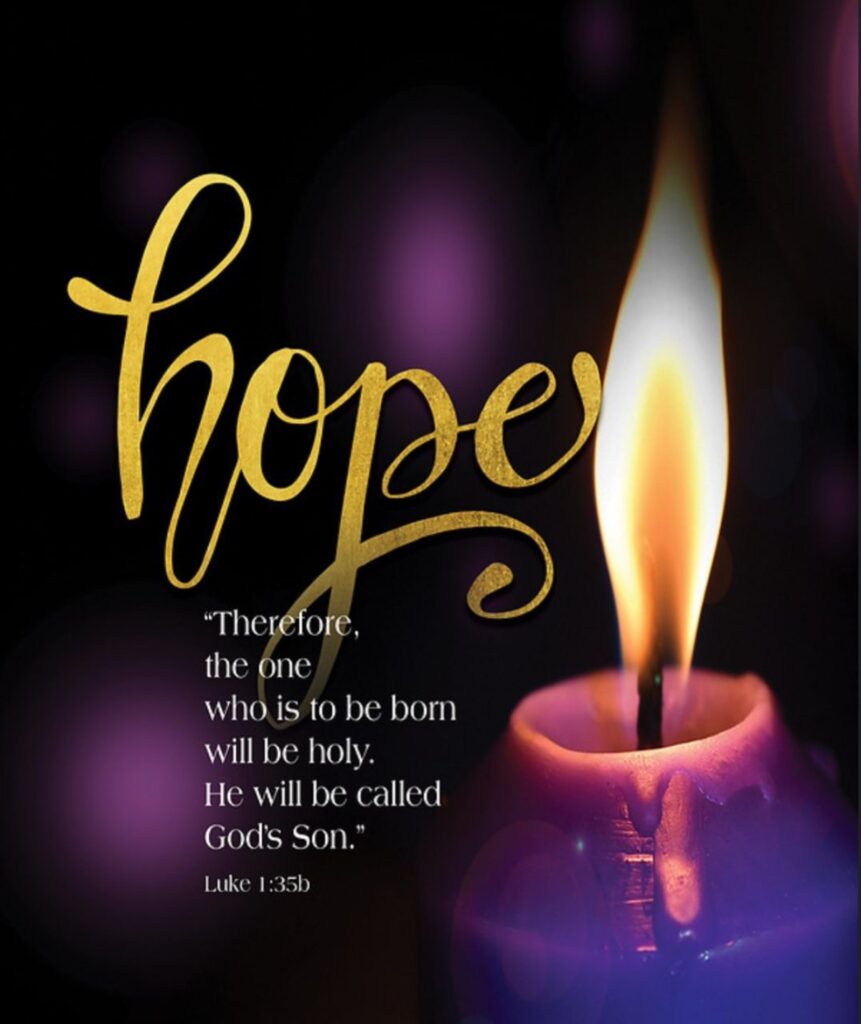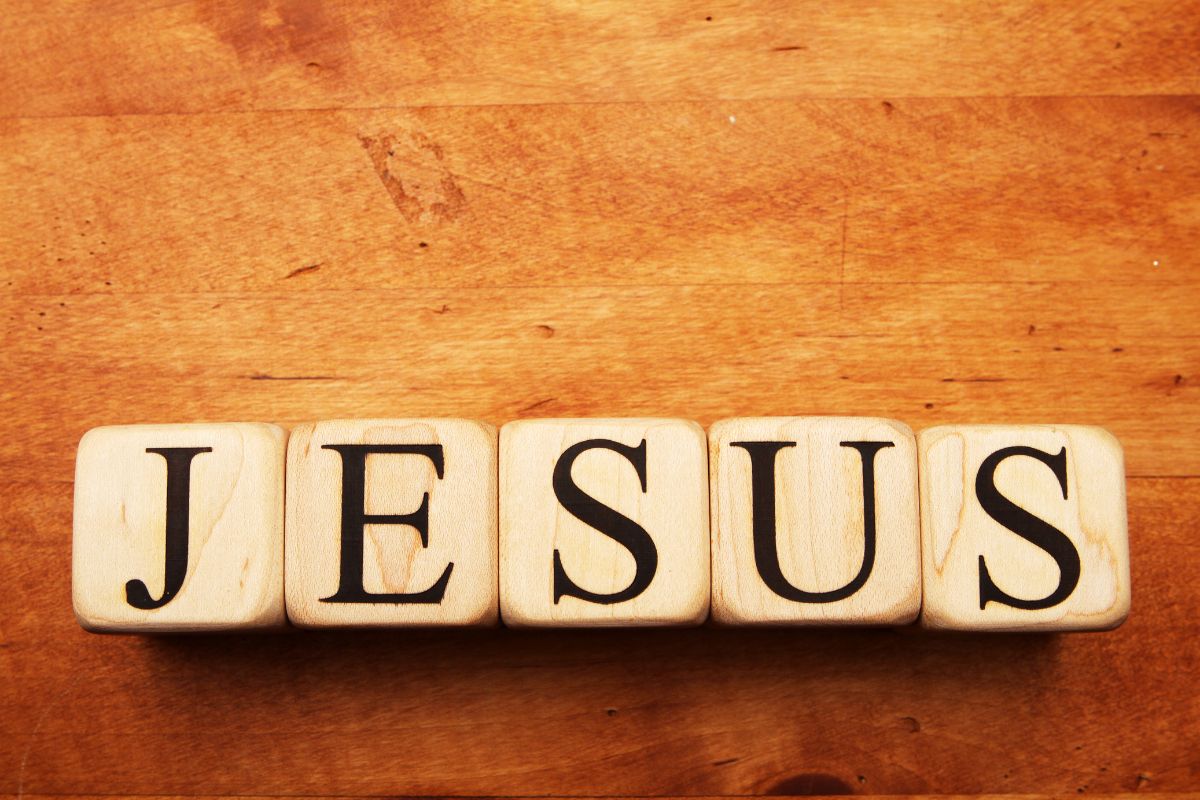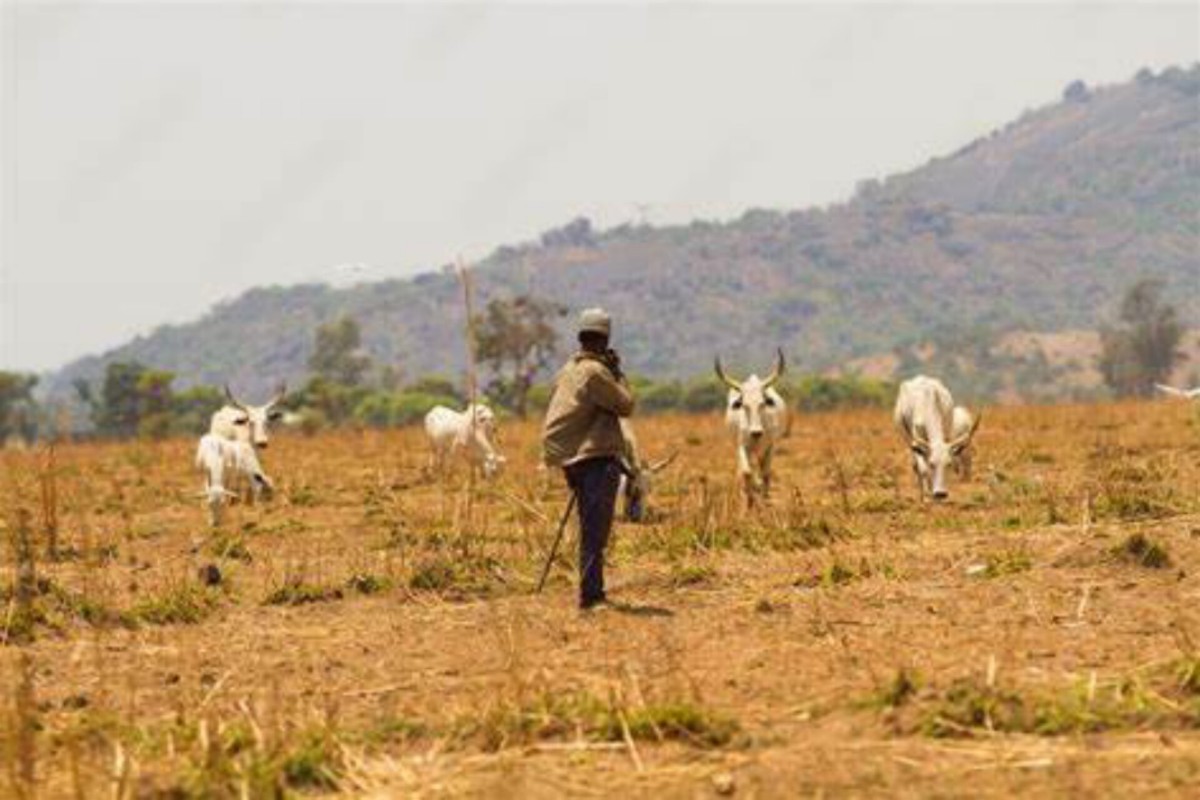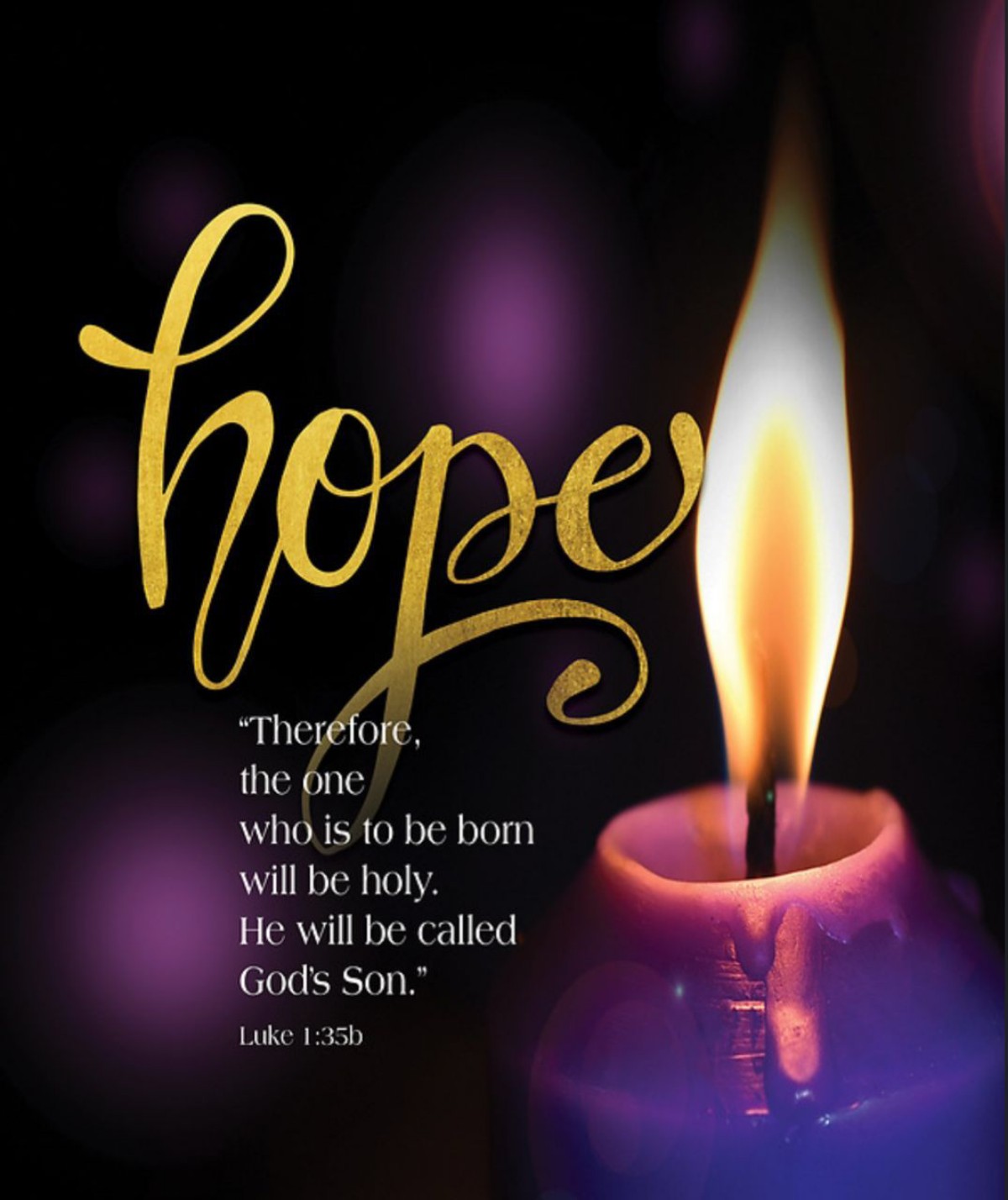Jer 33.14-16;
Ps 24;
I Thess 3.12–4.2;
Lk 21.25-28, 34-36

‘In this Advent season, we are reminded of the imperative to remain vigilant and prayerful, as articulated in Luke 21:36: “Stay awake, praying at all times for the strength to survive all that is going to happen, and to stand with confidence before the Son of Man.” This call to vigilance is particularly pertinent as we navigate the liturgical preparations for the eschatological event—the Second Coming of Christ.
The first Sunday of Advent marks the beginning of this preparatory period, framing our anticipation for a significant cosmic event, with Christ Himself foretelling: “There will be signs in the sun and moon… on earth nations in agony, bewildered by the clamor of the ocean and its waves… the powers of heaven will be shaken.”
These prophetic cosmic phenomena are pivotal, serving as indicators of the spiritual culmination when “the Son of Man comes in a cloud with power and great glory.” This recognition invites us not just to prepare but to do so with a spirit of confident anticipation, grounded in the sovereignty of God.
The nature of our preparation should evoke a restrained joy—distinct from the exuberant celebration associated with Easter. This season emphasizes an anticipation rooted in theological reflection on Christ’s Second Coming rather than a focus on His crucifixion.
Unlike the secular perspective that often conflates Advent with a countdown to Christmas celebrations—complete with gifts and festivity—we are encouraged to channel that sense of expectation toward the ultimate fulfillment of God’s promise in Christ’s return.
Examining the Old Testament readings reveals a fulfilled prophecy, particularly in Jeremiah’s proclamation: “In those days and at that time, I will make a virtuous branch grow for David…” Although the audience may have perceived the lineage of David as extinct, Jeremiah’s message foreshadows a revival of these Davidic blessings through the coming of Christ. Importantly, the Church understands that Christ’s role in God’s salvific plan extends beyond His earthly ministry, death, and resurrection.
As we are reminded again, “Stay awake, praying at all times for the strength to survive all that is going to happen, and to stand with confidence before the Son of Man,” we recognize our obligation to live in anticipation of this prophetic fulfillment, which originates not from a human messenger but from God’s revelation.
The early Christian community lived in a heightened expectation of Christ’s imminent return. Many organized themselves to maintain vigilance, creating watch schedules to ensure that someone would always be alert for His arrival. However, practicality soon tampered with these anticipations, leading the Church to reconceptualize its understanding of time and fulfillment.
Notably, the apocalyptic discourse in the Gospels emphasizes the unpredictability of the timing of Christ’s return, as even the Son of Man and the heavenly hosts remain unaware of the exact hour. The theological reflection thus transitioned from merely waiting to a recognition that we are in a state of “in-between” time—where the fulcrum of God’s eschatological plan has already begun to unfold.
The Venerable John Henry Newman articulated the delicate equilibrium required in our expectations concerning Christ’s return, noting, “If it is true that Christians have expected Him when He did not come, it is quite as true that when He does come, the world will not expect Him.”
He further warned against the pitfalls of misinterpreting signs, concluding that it is preferable to anticipatively prepare for a Second Coming rather than dismissing it outright. As formulated in modern terms, it suggests valuing the expectation of Christ’s return rather than succumbing to complacency.
Our Christian mandate, therefore, is to be ever-watchful—orienting our hearts toward God rather than becoming preoccupied with worldly matters. This vigilance necessitates a life that reflects the Church’s ethical teachings over societal expectations. Saint Paul’s exhortation to the Thessalonians resonates here: “Make more and more progress in the kind of life that you are meant to live.”
Jesus also cautioned, “Watch yourselves, or your hearts will be coarsened with debauchery and drunkenness and the cares of life, and that day will be coming on you suddenly, like a trap.”
As we navigate current socio-political contexts, this admonition remains ever-relevant, urging us to discern the signs of the times while maintaining spiritual fidelity and readiness
Fr Joseph Osho









































































